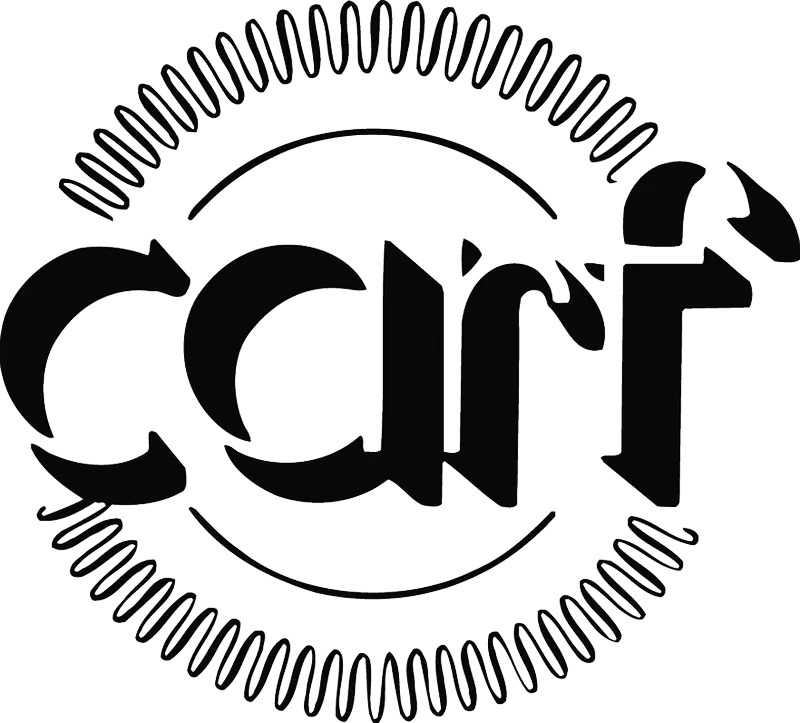Alcoholism is not defined by what you drink, when you drink it, or even how much you drink. Whether a person drinks every day or only on weekends, drinks shots of liquor or just drinks beer or wine, what matters most is what happens when they drink. If her drinking is causing problems at home, at work, physically, financially, emotionally or legally, it is time to get help.
In a recent survey, 1 in 3 fifth and sixth graders (ages 10-11) said that alcohol was available and easy to get. Approximately 10% of 9-10 year olds have started drinking and one in three begin drinking before age 13. By age 15, approximately 50% have had at least one drink, so it’s never too early to start the conversation. Parents play a key role in providing information about alcohol and drugs, and research shows that kids who learn a lot about the risks of alcohol and drugs from their parents are up to 50% less likely to use. Parents influence whether and when adolescents begin drinking as well as how their children drink. Family policies about adolescent drinking in the home and the way parents themselves drink are important.
When there is addiction in the family, everyone is affected, and it is important to understand how each family member may be coping with unhealthy family behaviors. In addition, children of alcohol or drug addicted parents are in the highest risk group of all children to become alcohol and drug abusers themselves due to both genetic and family environment factors. So, it’s important to become educated on addiction and codependency, and to talk with children honestly about the dangers of alcohol and drugs and their own risk factors.
Plain and simple, if you are concerned, now is the time to seek help, not later. It might help to attend meetings of Al-Anon or Nar-Anon (programs for family and friends of those who may have a problem with alcohol or drugs), and open meetings of Alcoholics Anonymous or Narcotics Anonymous (programs for the person who may have a problem with alcohol or drugs). You can learn a great deal about your family situation from hearing the experiences of others who are dealing with similar family concerns. And you can learn a great deal about alcoholism and drug addiction from hearing alcoholics and addicts talking honestly about their slide into addiction and their recoveries.
Yes. Alcoholism and addiction treatment programs can help a person stop drinking and using drugs. Treatment has helped millions of people stop drinking and drugging, rebuild their lives and live a life in long-term recovery. Many self-help groups, such as Alcoholics Anonymous or Narcotics Anonymous, are also available, as are programs providing help and support for the family and friends of addicts and alcoholics.
Treatment does not have to be voluntary for it to be successful. Because of the effect of alcohol and drugs on the person, there are times when they may be incapable of making a decision to seek help on their own. People who are pressured into treatment by their family or friends, employer or a judge are just as likely to benefit from treatment as those who enter “on their own.”
For some, long-term recovery from addiction to alcohol or drugs may start after their first self-help meeting or with the first time they go to treatment. But, like other chronic illnesses, recovery from addiction requires a life-long commitment to a program of change. For some, relapse back to active use of alcohol or drugs may play a critical role in guiding them toward a rededication to their recovery. Relapse can be a signal to get back on track, either by returning to meetings, treatment or adjusting the treatment approach.


